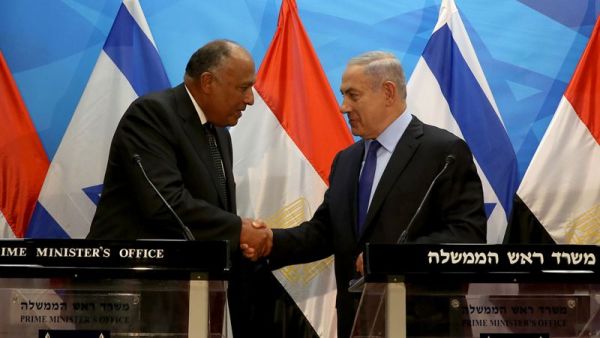The confrontations at the Olympics between the Israeli delegation and those of some Arab states have been well-documented. An Egyptian judoka (judo fighter) refused to shake his Israeli opponent’s hand after a loss, a Saudi dropped out of the judo competition amidst rumors she didn’t want to face an Israeli, and the Lebanese delegation reportedly tried to block the Israelis from getting on a bus.
Israel-Lebanon relations are in the toilet, but what makes the apparent anti-Israel gestures by the Saudi and Egyptian athletes perplexing is they come at a time of very close Israel-Egypt and Israel-Saudi Arabia relations.
Israel-Egypt ties never been closer, but Egyptian judoka still won't shake hand of victorious Israeli opponent. pic.twitter.com/89YDZhoTFA
— Anshel Pfeffer (@AnshelPfeffer) August 12, 2016
In June, veteran Israeli diplomat Dore Gold said there is a “strategic convergence” between Israel and Sunni Arab states like Egypt and Saudi Arabia.
With Saudi Arabia, Israel shares a concern over Iranian influence in the region, and a Saudi official even made a rare visit to Jerusalem this year.
Regarding Egypt, ties with Israel have grown warmer since president Abdel Fattah al-Sisi ousted president Mohamed Morsi from power. Morsi was, of course, a member of the Muslim Brotherhood of which the Islamic militant group Hamas in Gaza is an offshoot.
Many in the Arab world hailed Islam El Shehaby on social media for refusing to shake Ori Sasson’s hand. But behind close doors, his government doesn’t appear to share his anti-Israel beliefs.
AL







